
Articles sur Sociology
Affichage de 1 à 20 de 126 articles

Over a century ago, white Philadelphia elites believed the city was going to the dogs – and they blamed poor Black inner-city residents instead of the racism that kept this group disenfranchised.

People who dive into misinformation are driven to satisfy an emotional need, according to our new research.

The boards that oversee the education of students enrolled in Florida’s public colleges and universities are trying to restrict enrollment in sociology courses on those campuses.
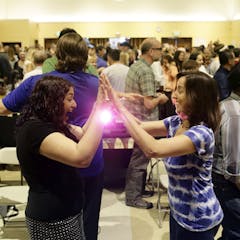
A sociologist of religion explains how atheist churches are helping people find meaning and community – serving many of the same purposes as religious churches.

While AI now allows us to erase accents, is this really a good idea? Besides, who doesn’t have an accent?
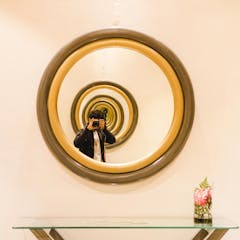
Christopher Lasch’s sharp-tonged a critique of American society was a product of its time, but has things to say about the present.

When it comes to gentrification, Philadelphia baristas say they’re ‘part of the problem.’ But as low-wage workers, where else should they live and work?

A new wave of research shows how working-class young men are changing their behaviour. But some remain hostile to the term “toxic masculinity” and see it as a vehicle for shaming men.
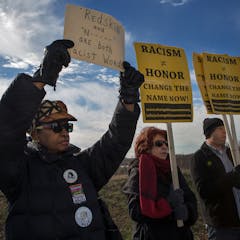
The book makes invaluable contributions to subjects of race, identity and belonging and how they shape human interrelations.

Nonreligious voters are poised to make an impact, but sweeping statements about the ‘nones’ don’t tell the full story.

For young men who struggle with mental health or lack connections in real life, chat and community features of online games can be a source of support.

Whistleblower allegations that the government possesses UFOs may not be backed up by public physical evidence, but some argue that listening for extraterrestrial life is the first phase of contact.
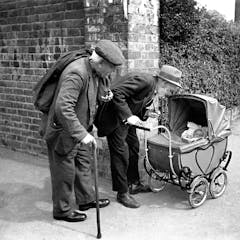
Since 1937, this sociological project has sought to catalogue the nation’s feelings on everything from royal weddings and football matches to wars, dreams and elections.

Specific beliefs may have more to do with people’s vaccine views than their religious affiliation – but it depends on which vaccine you’re talking about.
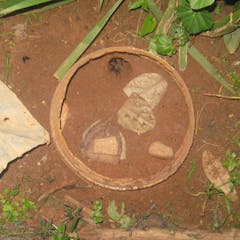
Ngam dù is a form of divination in which questions are asked of large spiders that live in holes in the ground. The results of spider divination can be used as evidence in Cameroon’s courts.
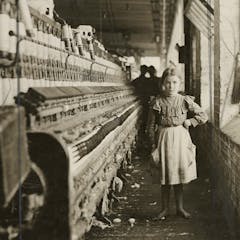
While Lewis Hine’s early-20th century photographs of working children compelled Congress to limit or ban child labor, the US Department of Labor is now under fire for failing to enforce these laws.
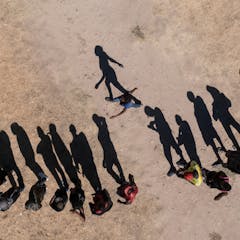
A fire killed 38 migrants in a Mexico detention facility in March 2023. A sociologist’s conversations with migrants show that they had a common response to this news – a deep sense of grief.
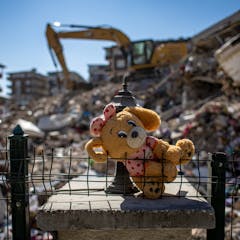
It is easy to feel jaded in a time of catastrophe but there is a compelling moral argument for us to work towards a better world.
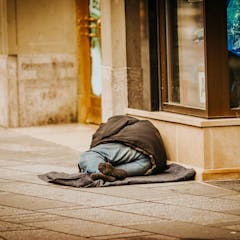
The idea that the poor are impoverished morally as well as materially, that they lack humanity as well as means, has a long history.

The reconversions of graduates and executives to manual trades can be seen as “voluntary downgrading” and are highly publicized.
